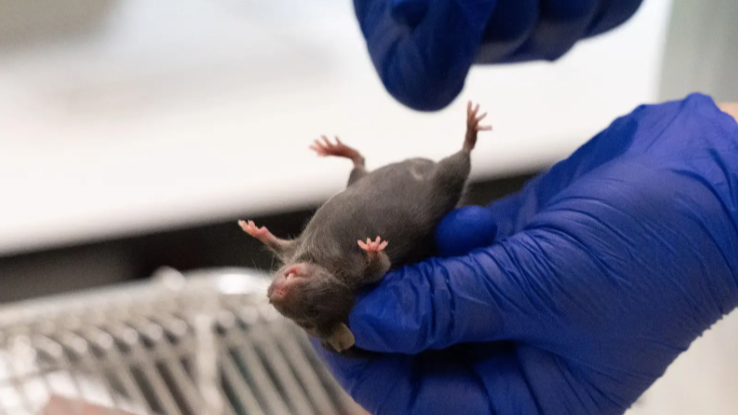Restoring human sight thanks to monkeys
- Ana Barros
- Feb 5, 2020
- 1 min read
Scientists at the Paris Vision Institute, France, have shown that an artificial retina could restore the sight of patients with eye diseases.
In collaboration with Pixium Vision, a bioelectronics company, the team at the institute (part of Sorbonne Université, INSERM, CNRS), carried out research in macaques and patients suffering from age-related macular degeneration (AMD) – the most common cause of sight loss in the developed world.
The results show that an artificial retina implanted into monkeys allows a high resolution visual perception.
The findings pave the way to move forward to clinical trials on blind patients affected by age-related macular degeneration.

“Developing therapies for macular degeneration will need studies and safety evaluations in monkeys. Although retinal organoids can be grown from human donor samples, scientists cannot generate a macula which is responsible for both central and colour vision. Only monkeys and humans have a macula and that’s the reason why there is no realistic alternative to non-human primates in this field.”
Serge Picaud, Research Director at Institut de la Vision, Paris, France



